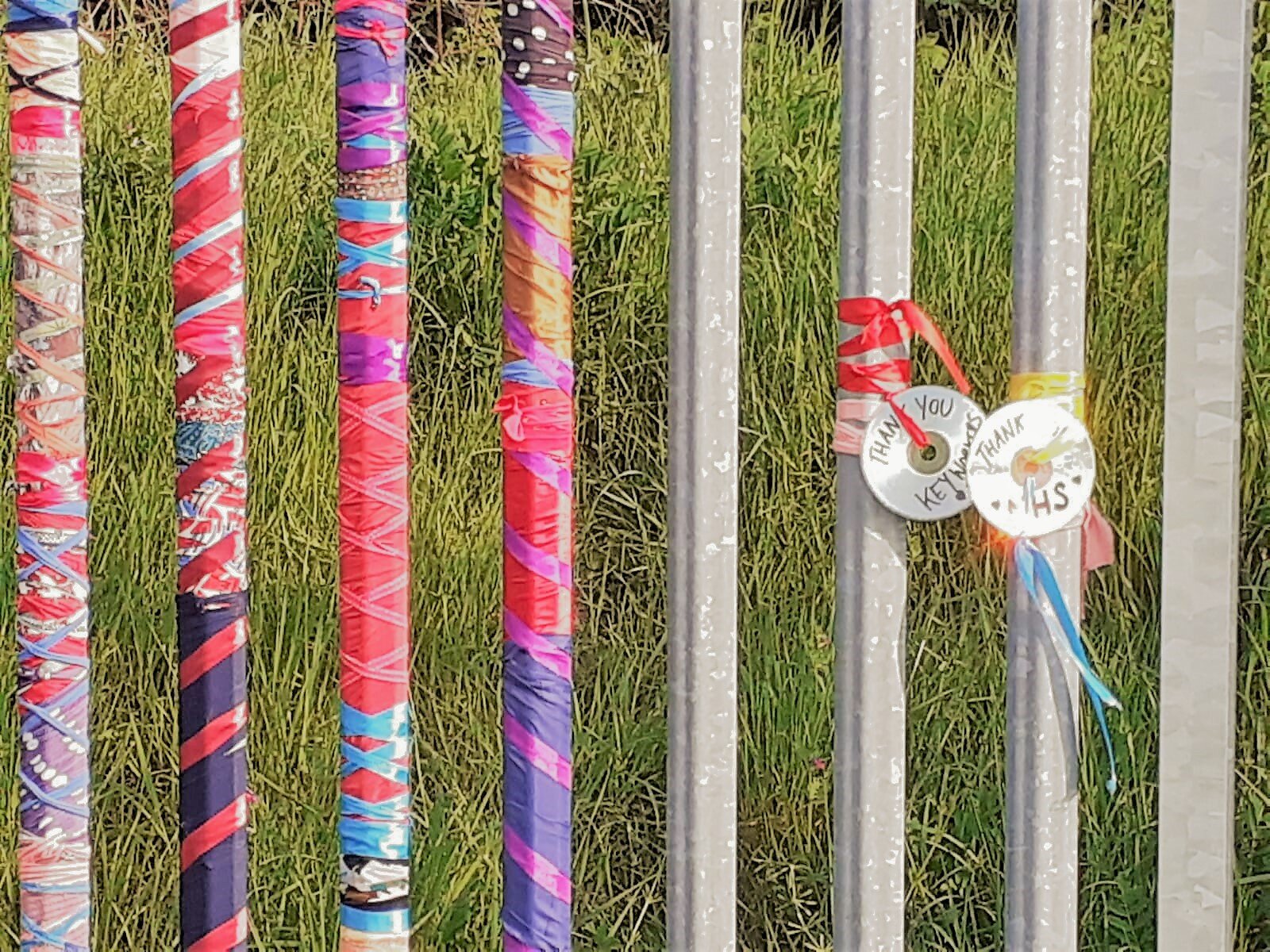It seems strange looking back on the first half of 2020 now. As the January 1st fireworks popped, the atmosphere for most of us was one of celebration. Yes, there were undoubted obstacles to face, not least the definitive date for Brexit a month later, but a new year, let alone a new decade, symbolised a fresh start. At that point the coronavirus pandemic that would come to define 2020 was a mere Chinese whisper, barely touching the headlines in the UK and then only with the cursory dismissal of previous contained outbreaks like SARS.
That nonchalance seeped through the NHS hospital, where I was working as a doctor in general medicine. Despite burgeoning worries from abroad, for example the increasingly tragic reports from Italy and the WHO's pandemic declaration on March 11th, most UK healthcare workers remained calm, protected by a veil of ignorance and hubris. That was the rest of the world, it couldn't happen here.
Two weeks later and that veil was ripped away as the number of coronavirus infections and the ensuing death toll exponentiated.
It was unlike anything I had ever experienced before. The daily intake of patients, usually a diverse list including chest pains and stomach upsets, narrowed down to one ailment alone: shortness of breath. This in itself was frightening. In the history of the NHS, seismic shifts like this have only been seen in the context of devastating but short-lived phenomena like terrorist attacks. COVID-19, however, caused such a sustained influx of disease that an apocalyptic shift in perspective occurred. The situation was more in line with wartime medicine; a relative plague had descended and people were dying in droves.
Suddenly questions were asked, which no medic of recent generations has had to contemplate. Would we run out of ITU beds? Probably. Would we run out of oxygen? Possibly. Would we run out of masks? Definitely.
As the NHS plunged into disaster mode, healthcare workers looked to the helm for guidance. They, the big bosses in the government and Department of Health must have been prepared for this, if not from decades of Public Health research then from the beacon signals of other countries that had fallen to coronavirus beforehand. The UK had fair warning and those who were privy to all the international briefings, would surely have been making plans and provisions for when the virus came to the country.
It soon became apparent that this was not the case. Suspicions arose with the Government’s vacillating approach to the pandemic. Herd immunity was initially touted by key advisory figures like Sir Patrick Vallance only to be backtracked upon when the consequences of exposing the general population to a virus that caused a 7.8% mortality rate in the over 80 age group became devastatingly clear. When lockdown finally came, the prime-ministerial address was difficult to stomach not due to the restrictive measures but because of the hypocrisy of it coming after weeks of laissez-faire. The final, physical proof that the Government had not prepared for the pandemic was in the lack of PPE, which became all too evident as healthcare workers penned letters and then subsequently died protesting its shortage.
At that point, with all trust in senior leadership gone, NHS workers hunkered down to do what they always do – their best work in the most challenging of conditions. Endeavours like the Nightingale Hospital were dismissed as mere show and some even went as far as to say Boris Johnson’s hospital admission with coronavirus was a propaganda stunt, meant to engage sympathy after negligent handling of the pandemic.
When I mentioned these viewpoints to my partner, a Swiss National, he was amazed that public sector employees could be so cynical about the authorities they work under. However, after more than a decade of NHS cutbacks and attrition under a Conservative regime, jaded attitudes amongst healthcare workers are common. Such mistrust in the political body is only reinforced by scandals like Dominic Cummings’ lockdown-breaching “Vision Quest” and the misrepresentational counting of PPE.
So what next? As the UK claws its way out of lockdown, healthcare workers take stock of what has happened whilst simultaneously fearing and bracing for a “second wave”. The most difficult to deal with is, of course, the horrendous death toll. Not only does it personally touch each worker who cared for a coronavirus patient, the figure is an acknowledgment of the failings of the system and the government that allowed this to happen. With the world’s second highest coronavirus death rate per capita amongst major countries, the UK, the land where vaccination was first formalized, can no longer claim to be at the forefront of Public Health. Despite our extraordinary efforts during this pandemic, it is another sore loss healthcare workers have had to bear.









